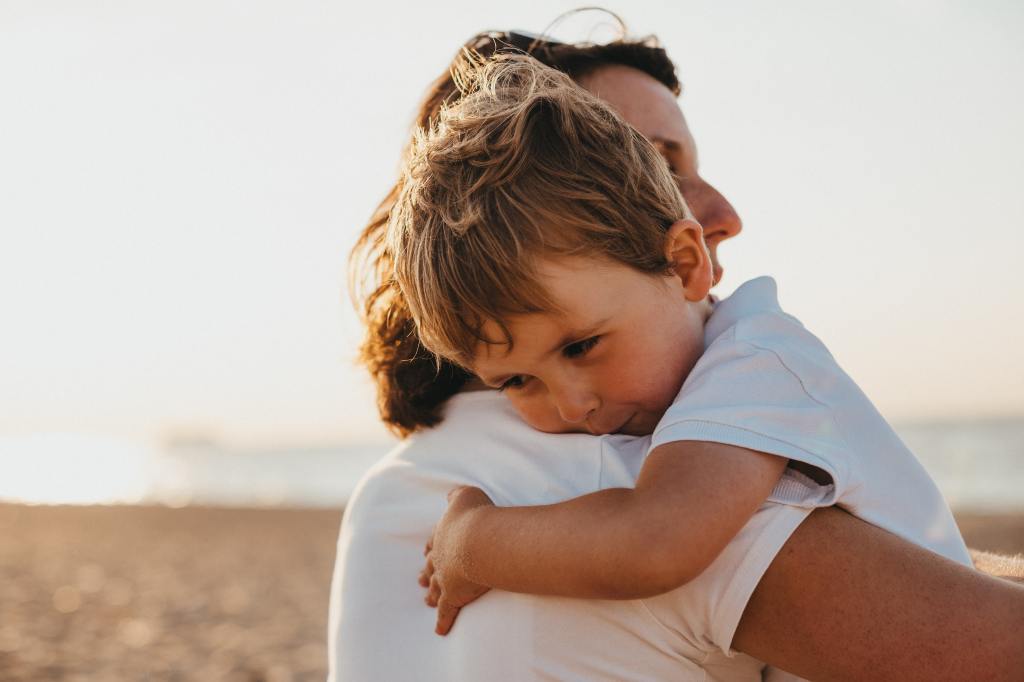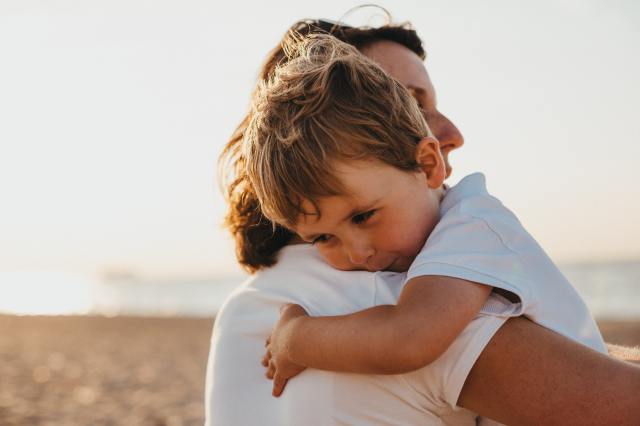
If you were raised like I was, you are probably very familiar with the word grace. Grace was the prayer we said before meals. Grace is a term I still use to describe someone’s elegant appearance, and grace was a term my mom used when someone we loved blessed us with their presence. However, as I grew older, I realized grace is so much more than a church word. Perhaps the most significant thing I learned about grace is that it doesn’t matter what age you are if you’re religious, what your sexual preference is, or where you stand politically. Like love, it is something we are all worthy of, we all need, and we should all give more of.
Grace is a gift. Grace is favor. Grace is letting go. Grace is understanding. Grace is forgiving. Grace is extending your hand. Grace is non-judgmental. Grace is selfless. Grace changes relationships. Grace chooses compassion. Grace ignites purpose and changes stories. At its core, grace is unconditional love in action. In fact, threads of grace are woven throughout the world’s tapestry and can be found everywhere, from historic stories to present-day Hollywood movies.
One of my favorite movies growing up was The Lion King. The story of grace is woven in this Disney classic and simple enough for children to understand. In the movie Simba, the cub leaves home to run away from his overwhelming problems and mistakes. After years of forgetting his past and living a new worry-free life, he eventually realizes he needs to go back home to help save the pride land. He expects to be shamed and unwanted, but instead, he is greeted by his family and friends, happy to have him home. Together, they save the pride land. He received grace and was welcomed back with open arms. If his family and friends had rejected him or punished him for his past mistakes, the pride land would have been lost, and his relationships would have been severed. Grace changed everything.
As a parent, I need grace every day. I mess up a lot. I yell, I lose my patience, I spend too much time on my phone, I can be selfish, I burn food, I’m constantly late, the list goes on and on. But regardless of my mistakes, there is no better feeling than while tucking my children in at night, they wrap their arms around me and meet me with unconditional grace and love. They don’t hold grudges or shame me. They extend their arms regardless of mess-ups.
Shouldn’t we offer the same to our children?
The answer is yes. Giving our children grace is one of the most important gifts we can give them.
Giving children grace not only means you consider their hearts and acknowledge their individuality, but it also teaches children they matter. It doesn’t ignore or excuse bad behavior. Instead, it offers loving guidance through a healthy relationship.
Grace chooses compassion, and according to an article found on the Children’s Mental Health Network, compassion is important for various reasons, including physical, mental, and emotional health.
Author Laurie Ellington, the co-founder and Chief Executive Officer of Zero Point Leadership, explains its powerful effects. She says, “Compassion activates the parasympathetic nervous system as opposed to the fear response. It lowers the heart rate, blood pressure, and inflammation levels in the body, boosting the immune system. It has even been shown to increase the length of telomeres, the caps at the end of our chromosomes associated with health and longevity. Compassion triggers the mammalian caregiving system and causes a release of the hormone oxytocin, increasing feelings of trust and cooperation. We see that this need to emotionally regulate is not just within ourselves, but between each other as well.”
With this in mind, picture this scenario. You still love your child even if they are throwing a temper tantrum. Sitting with them, trying to understand why they’re upset, and helping them calm down so you can address the issue, is extending grace. Becoming angry and punishing them for it is not. Your love for your child doesn’t change regardless of how you choose to deal with their temper tantrum but extending grace will improve your relationship and bond.
A personal example of extending grace was when my daughters were roughhousing and broke a souvenir we acquired on a trip to Amman, Jordan. My husband and I were devastated. To be honest, my first reaction was to put all of them in timeout and ground them for at least two weeks. However, instead of punishing our daughters, we offered them comfort and explained why we were upset. We all picked up the pieces and glued the souvenir back together. It will never be the same, but our relationship was stronger because we all calmly communicated instead of acting out in anger. To this day, it is our grace souvenir. Once again, grace changed the outcome.
Author of Grace-Based Parenting, Dr. Tim Kimmel, says, “if we have done our jobs adequately, our children should leave our homes with a love that is secure, a purpose that is significant, and a hope that is strong.”
Giving children grace does just that. A healthy parent-child relationship gives children the emotional and mental strength they need to grow. It also teaches them how to give grace and that they, and others, are more than their mistakes.
So, as you go about your day, think about what grace is. If grace is just something you say before a meal, I encourage you to dig deeper. My hope is that you see grace is just as important as love. It is a way of life, and just like love, it should be woven in and out of our stories because grace changes everything.
